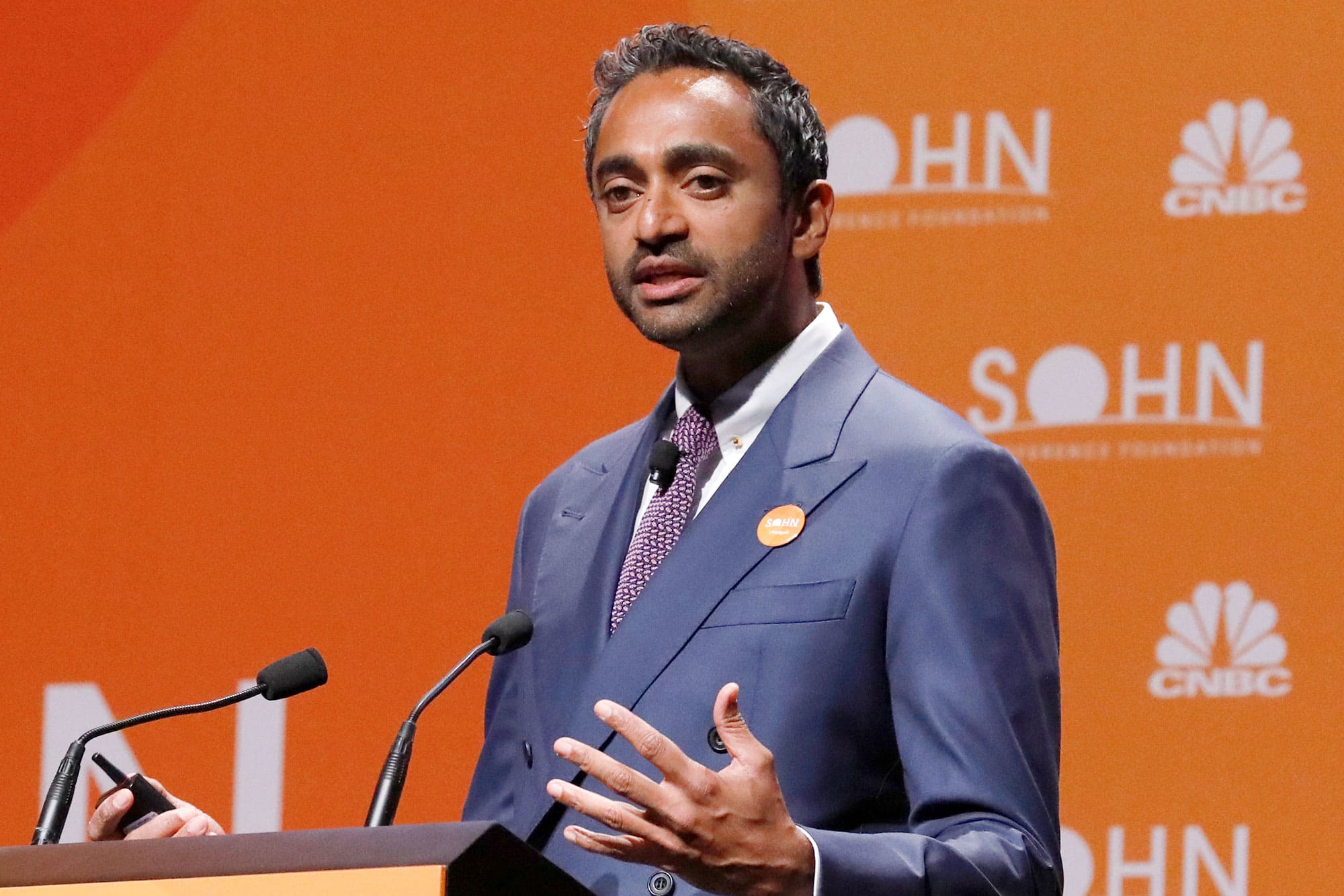
Any additional coronavirus relief from Congress should focus primarily on giving money directly to Americans, venture capitalist Chamath Palihapitiya told CNBC on Tuesday.
“We know this economy is always consumer led. It’s consumption that drives growth in the United States. It drives jobs and capital allocation and the more money in individuals’ hands the better they can be to support businesses, buy different products,” the founder and CEO of investment firm Social Capital said on “Squawk Box.” “That’s how we grow ourselves out.” Consumer spending accounts for about two-thirds of U.S. economic activity.
While lawmakers in Washington and the White House remain deadlocked on stimulus negotiations, Palihapitiya said he believes there is a pain in the U.S. economy that needs to be addressed as it climbs out of a coronavirus pandemic-induced recession.
“Unlike other recessions, where you don’t know where the bottom was, this recession was actually pretty easy … the bottom was the first few months because literally everything was shutdown so we went to zero,” said Palihapitiya, who was an early Facebook executive. “Now we’re in the slow grind back to normalcy, but the reality is the economy is not in a great place.”
However, it would be a mistake for Congress to provide additional aid directly to businesses, according to Palihapitiya. He previously has been critical of some provisions of the $2.2 trillion CARES Act, which was approved in late March, as well as the Federal Reserve’s extraordinary monetary response. In early April, he said the government’s response was benefiting billionaires and hedge funds at the expense of most Americans.
As part of earlier relief efforts, there was a round of direct payments to Americans and a weekly $600-per-week federal boost to state unemployment insurance. The jobless enhancement benefit expired in July. President Donald Trump signed an executive order last month, offering a partial alternative.
“The first phase of stimulus was, you know quite honestly, wasted. A lot of this money got sent to companies. Those companies didn’t allocate it properly,” he said on Tuesday. “They still ended up laying off tens, if not hundreds of thousands of employees, just literally the day after the stimulus said that they could. The money wasn’t functionally useful.”
Some major U.S. airlines have said they plan to furlough or lay off thousands of employees perhaps as soon as next month, after $25 billion in Covid-19 aid for the industry designed to protects aviation jobs expires. Airlines and members of Congress alike have pushed for additional support preserve industry jobs through next March.
More than 5 million loans were approved through the Paycheck Protection Program, which was set up to help small businesses across the country keep people employed as they battled government restrictions and a change in consumer activity due to the pandemic.
Members of the Trump administration have touted the PPP program as saving jobs and leading to some of the strong employment gains that have occurred this summer. However, some recipients of loans — which could turn into grants if certain conditions are met — have warned they will likely still need to lay people off anyway. Critics of the program point to the number of larger, and in some cases publicly traded, companies that got loans as a shortcoming.
Palihapitiya said he believes supporting companies, instead of ushering financial aid directly to American workers, is in effect prolonging changes to the economy that will happen anyways. “The more money we waste and give to zombie companies, we’re just going to push the can down the road and it’s all unnecessary.”
Also during his “Squawk Box” interview, Palihapitiya announced his SPAC, Social Capital Hedosophia II, will acquire Opendoor, an online marketplace for buying and selling houses. The special purpose acquisition company deal values Opendoor at $4.8 billion.



